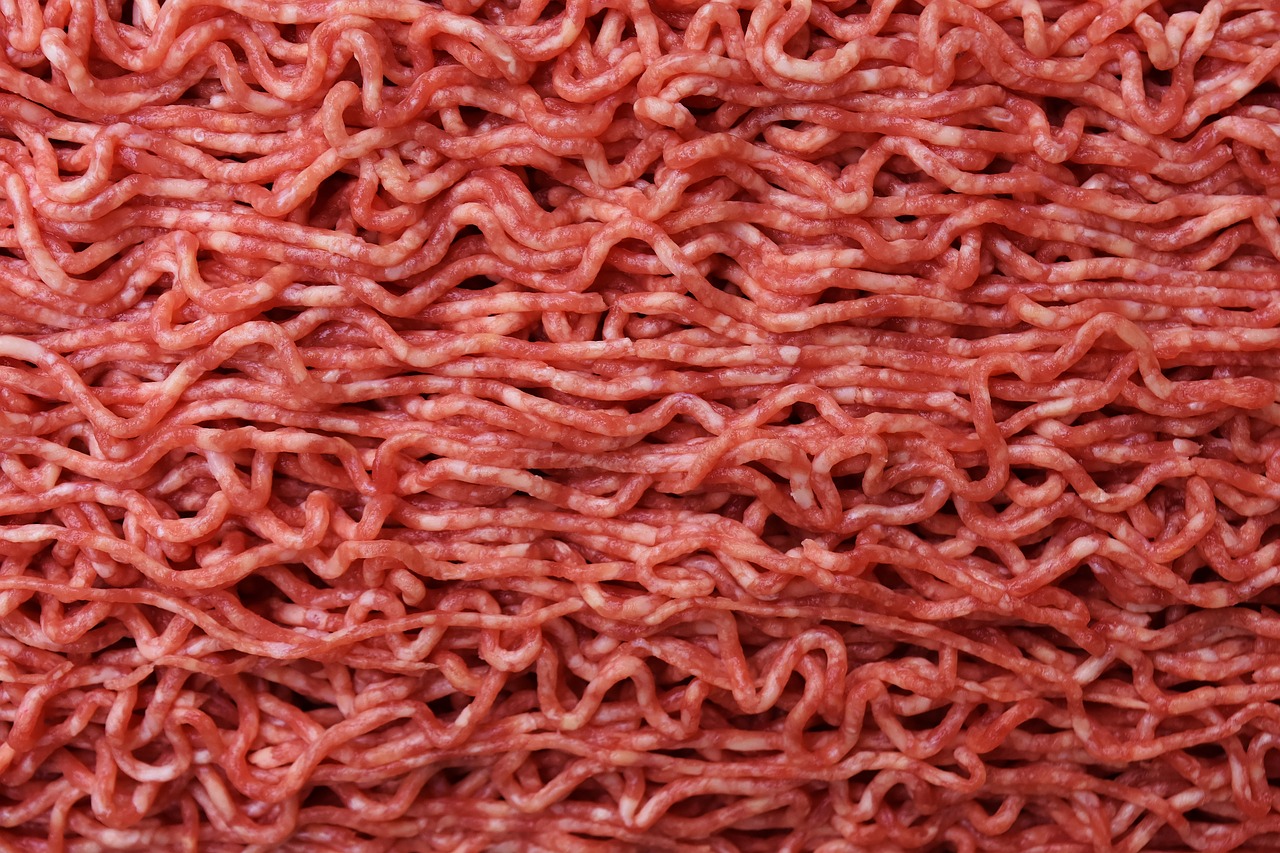Lab-grown meat is currently a popular topic within the food industry. There has been a lot of speculation with some saying that the protein needs more research and others saying that it should not be considered to be meat at all. However, there might be more opportunity for lab-grown meat products to be produced after the latest investment. According to the Wall Street Journal, Merck subsidiary M Ventures just invested $8.8 million in lab-grown meat company, Mosa Meats.
Though it is a pharmaceutical company, Merck is known to make cell culture media, so this investment is not a surprise. M Ventures had told the news publication that there is a possibility their parent company Merck, may provide Mosa Meat with information on its cell culture technology and even provide the growth medium in which the meat cells are grown.
The earliest “clean meat” will be rolled out by companies is at the end of 2018. According to Mosa Meat’s co-found and chief scientific officer, Mark Post, the company is looking for locations for a production facility and is planning to have its beef products sold in Europe by 2021.
If this investment works out, there might be future business possibilities between Merck and lab-grown meat companies. The company could also gain Mosa Meat as more than a customer but also a recipient of their cell culture technology. This also gives Merck a foot in the door of the lab-grown meat industry.
This isn’t the first time a food company has been backed by a pharmaceutical firm. In 2017, Otsuka, a Japanese nutraceutical company bought Daiya, a vegan and soy-free cheese manufacturer. The deal similarly provided the company with access to advanced pharmaceutical grade equipment for manufacturing their plant-based products. However, having a pharmaceutical company as backing could also have its downfalls, this could give the impression that lab-grown meat is more of an experiment than an already developed process.
The lab-grown meat industry is already facing pushback from lawmakers and representatives from the traditional meat sector. In fact, the state of Missouri was the first in the US to rule that this can’t be defined as ‘meat.’ The US Cattlemen’s Association had established that the meat must come from livestock and must be sourced from slaughtered animals. This opinion seems to be shared globally.
“Calling it meat is a lovely reach for them, but I think it should be called what it is, which is lab-grown protein,” said Margo Andrae, Chief Executive of Cattle Council of Australia.
Being unable to label these products as ‘meat’ could cause consumers to be skeptical about the safety of the lab-grown protein. However, this past Thursday, the FDA discussed the regulation of lab-grown meat which could help build consumer confidence in the alternative protein source.
“I don’t think anyone wants to see the same thing happening with cultured meat, where products are safe and consumers don’t think that they are safe, or don’t believe the developers’ determination that they are safe,” Center for Science in the Public Interest, Director of Biotechnology, Gregory Jaffe said.
The meeting addressed that these products might not be healthy in the eyes of consumers but this doesn’t mean there is no potential for the market. In a survey commissioned by the PR firm Ingredient Communications including consumers from both the US and UK, it was found that six out of 10 vegans were willing to try lab-grown meat. In addition, 40 percent of Americans and 18 percent of UK consumers were willing to try the products as well. In the survey overall, it was found that 38 percent would not try the meat and 33 percent were unsure.
The questions that remain include how these products will be introduced to the market and how they will be labeled. If manufacturers are unable to refer to these products as ‘meat,’ they might be labeled differently and even sectioned differently from the regular meat isles.












Join or login to leave a comment
JOIN LOGIN